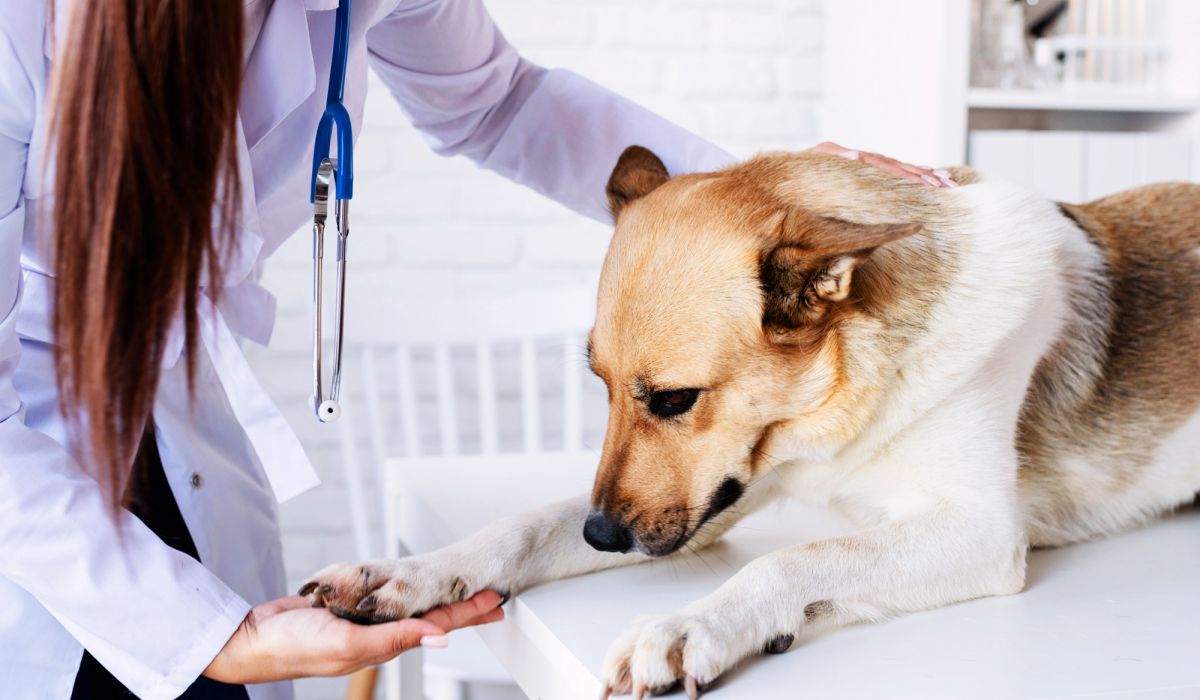
How to Know When Your Pet Needs Emergency Care
One of the easiest ways to avoid many pet emergencies is to prioritize prevention. By taking your pet to their veterinarian for annual checkups, your vet will make sure your pet gets the medical attention they need and that you have the information you need to keep your pet healthy.
Yet, emergencies happen, and often at the worst possible time—when your veterinarian is not available. But, how do you know when you actually have an emergency situation with your pet? We’ve put together the following list of what we would consider to be emergencies. If you can reach your veterinarian during office hours, don’t wait if your pet is experiencing any of these symptoms. If your veterinarian is not available, take your pet to the closest emergency vet clinic. (We have both small and large animal emergency services listed on our website.)
- Bloated, swollen or painful abdomen
- Difficulty breathing, extreme coughing or choking
- Inability to urinate
- Unable to deliver puppies or kittens, foals, calves, etc.
- Injury to the eye
- Broken bones, open wounds
- Severe injury (car accident, fall)
- Staggering or stumbling
- Uncontrolled bleeding
- Repeated vomiting and or diarrhea
- Unconsciousness
- Seizures
- Ingestion of toxic or poisonous foods
- Ingestion of foreign objects (especially sharp objects)
- Snakebites
- Colic
This is certainly not a list of all possible veterinary emergencies but includes many our clients and their pets have encountered. And, while you can’t prevent all emergencies, there are steps you can take to respond to the situation.
First, you know your pet best. If your cat or dog or large animal pet is suddenly showing behaviors or symptoms that are not normal for them, pay attention to any signs that could indicate something is wrong. Second, being prepared for a veterinary emergency will help you get your pet the care they need more quickly. We advise finding a convenient place to keep your vet’s phone number, the Animal Poison Control Center phone number, and the number for the closest emergency vet clinic.
With proper prevention, preparation, quick identification of signs of an emergency, and prompt action, you can help provide the best possible outcome for your pet if an emergency occurs.
